Actor, activist, author and restauranteur Danny Trejo inspired a crowd of more than 900 Houstonians with his story of recovery and redemption at The Council’s 37th Annual Spring Luncheon on Thursday, April 21, 2022. Presented by The Moody Endowment, the event raised more than $450,000 to help local individuals and families recover from the effects of addiction and co-occurring mental health disorders.
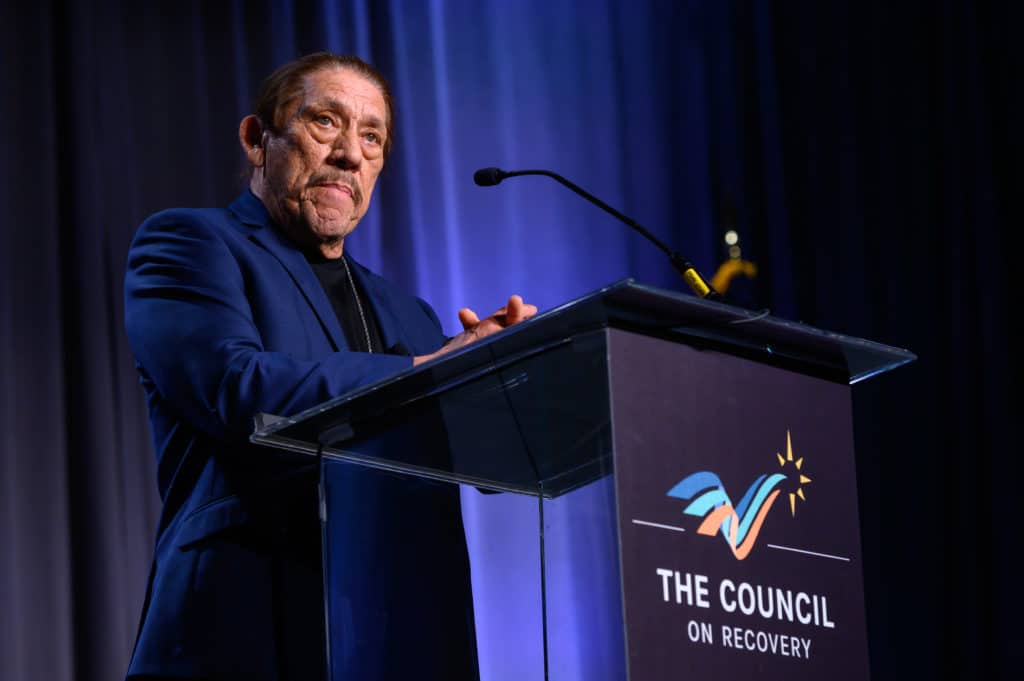
Mistress of Ceremonies and Board of Trustees member Jerri Duddlesten Moore opened the luncheon, followed by an invocation by Reverend Michelle Manuel of St. Luke’s United Methodist Church. Board of Trustees Chair Joe Matula then announced that this year’s Lifetime Achievement Award is awarded to the late Kirby Attwell, a longtime friend and supporter of The Council, whose life and legacy have forever changed the landscape of addiction treatment in Houston.
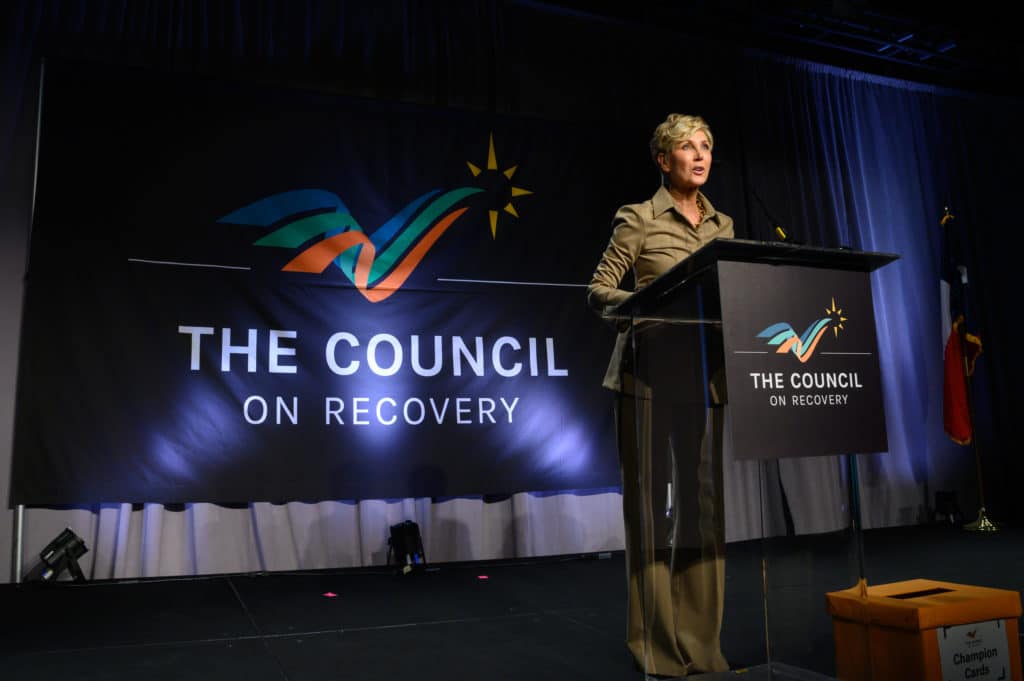
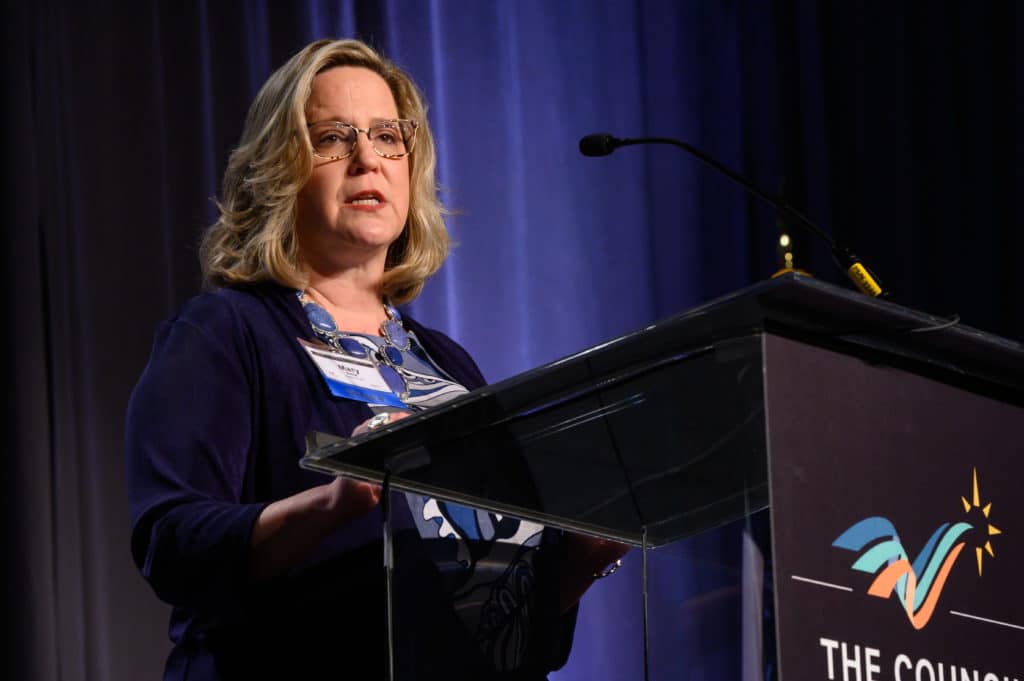
President and CEO Mary Beck, LMSW, followed, giving an impassioned appeal for a community united against the growing shame and stigma around substance use disorders and co-occurring mental health conditions. “It is through this community that we find the antidote to shame,” she said. “Awareness, education, and connection are all powerful tools in the fight against stigma.”
Luncheon Co-Chairs Diane St. Yves Brewer and Patrick Keegan then shared their powerful stories of recovery, with Keegan recounting how his attendance of a previous Council luncheon inspired him to a life of recovery. “I saw hundreds of people: sober, happy, and successful and I thought to myself, ‘If these folks can do it, I can do it.’”
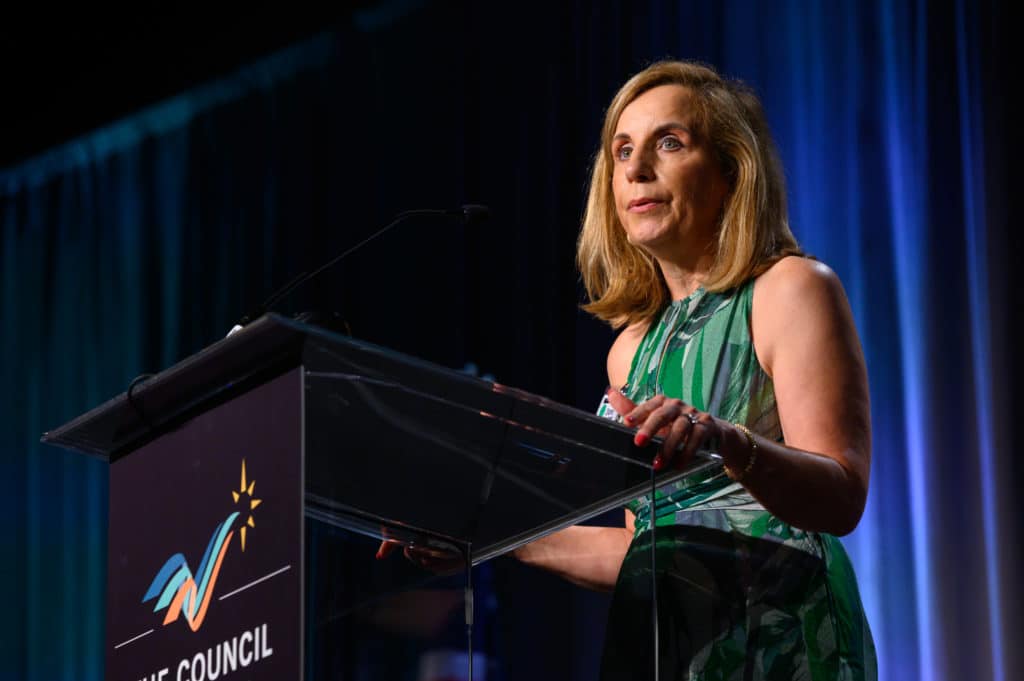
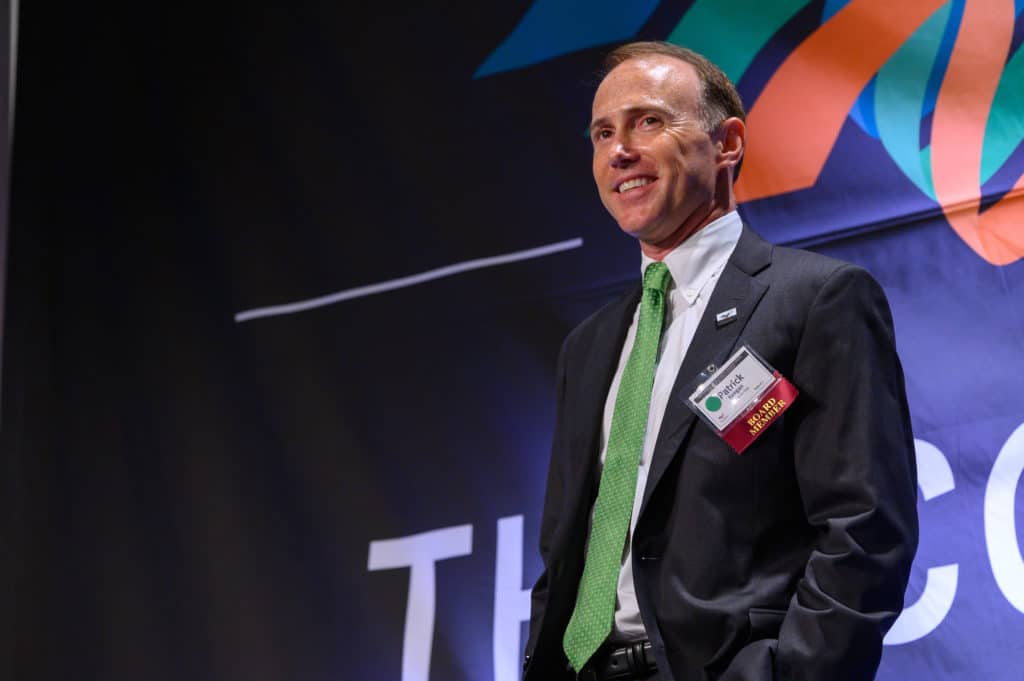
Board Trustee Joanie McLeod introduced keynote speaker Danny Trejo who told his harrowing, inspiring, and often humorous story of recovery and redemption. Trejo told the crowd about his substance use in his early childhood, how he found recovery with the help of a 12-step program, and how service to his community has been essential to his recovery. He also emphasized the importance of organizations like The Council to those struggling with substance use, saying, “The Council is like a lighthouse, they point the way when you’re lost.”
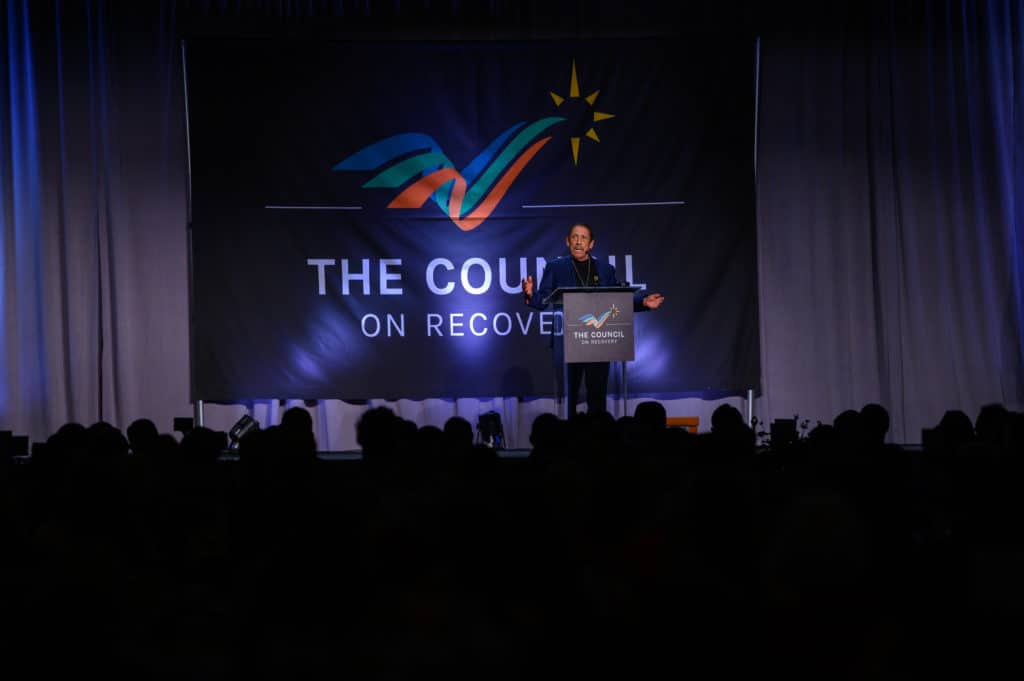
The event concluded with a surprise video from former Prima Ballerina for the Houston Ballet, Lauren Anderson, who announced she would serve as keynote speaker for The Council’s Fall Luncheon on October 21, 2022. Save the date!
